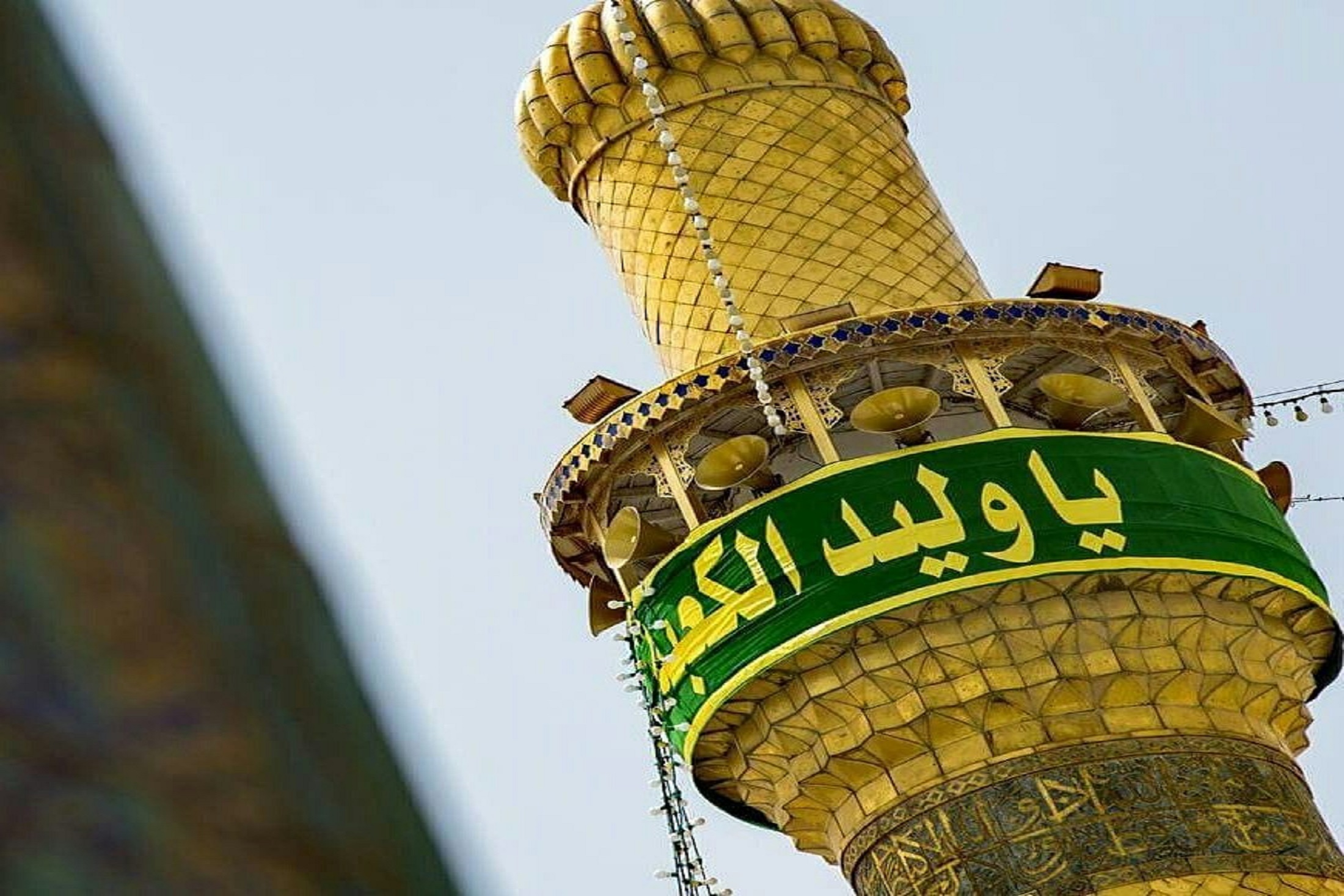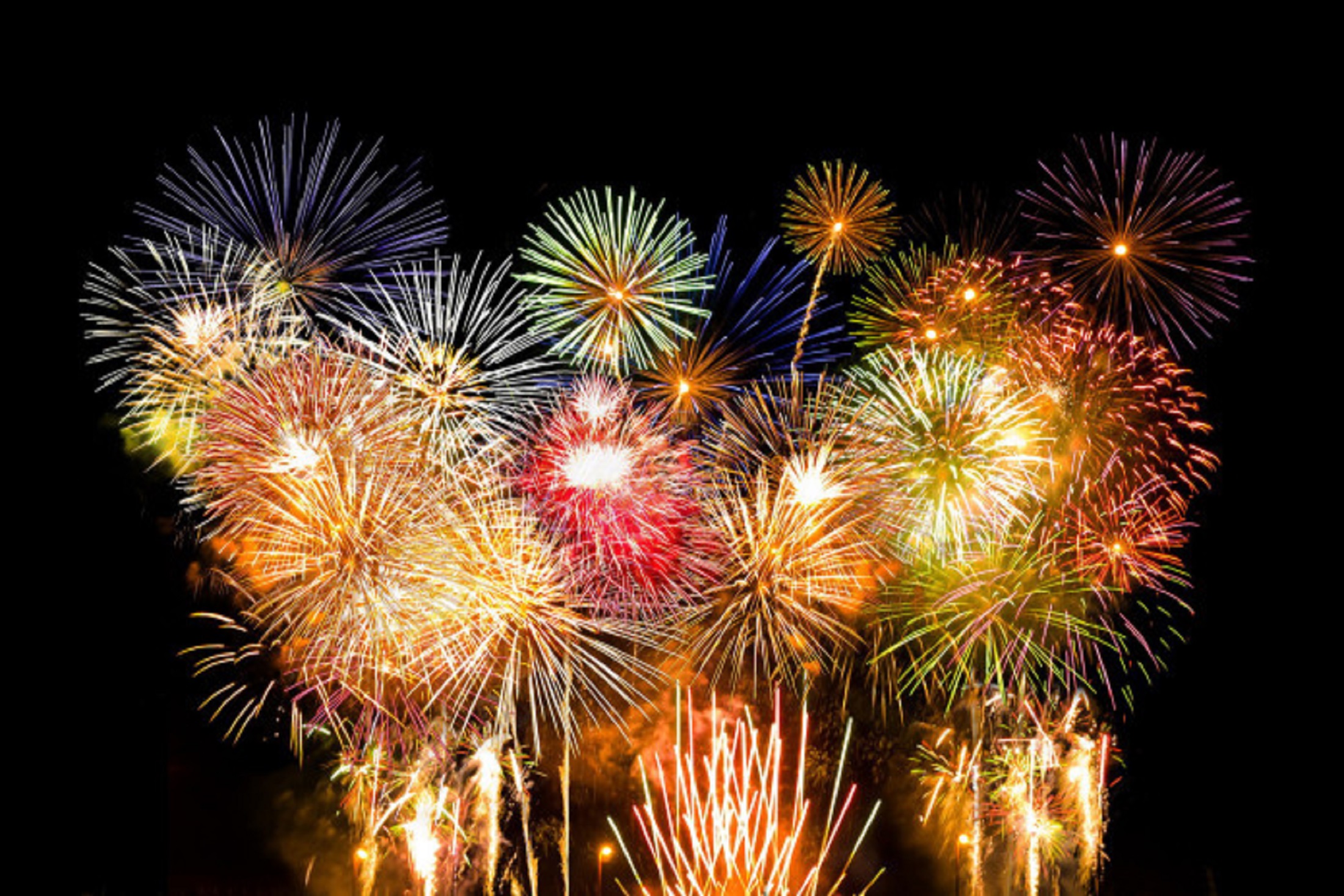Successorship with respect to Characteristics and Merits (Part II)
…..Continued from part I
Another responsibility of the Holy Prophet (s.a.w.a.) was to purify the inner selves of the people as mentioned in the Chapter of Jumuah:
‘…and he purifies them.’
The one who is entrusted with the responsibility of purifying the inner selves of the people should himself possess the highest level of purity. The verse says,
‘Surely you are on the best of morals.’
[Surah Qalam (58): 4]
Another responsibility is the recitation of the verses of Quran
‘He recites for them His verses.’
Here, recitation is accompanied by explaining the concepts in such a manner that it affects the listener’s heart and transforms him from a slave of Satan to a servant of Allah. This concept has been mentioned by the holy Quran in the following manner:
‘The trustworthy angel descended upon your pure heart with the Quran.’
(Surah Shura (42): 193)
‘And We revealed it with truth and he brought it with truth and We have not sent you except as a giver of glad tidings and as a warner.’
(Bani Israel (17): 105)
The Holy Quran has mentioned about knowledge in the following manner:
‘And We have revealed upon you the Remembrance so that you explain for the people what has been revealed for them.’
(Surah Nahl (16): 44)
If we consider the defense of the boundaries and the administration of the nation as a responsibility of the Holy Prophet (s.a.w.a.) or as his most important responsibility, then what was his role in his 13 years of messengership?
Based on these points, for a person who possesses intellect and reasoning and is not blinded by prejudice and blind following of his ancestors which blocks the path of reasoning, then the following points become very clear with regards the fundamental responsibilities of the Holy Prophet (s.a.w.a.):
- To teach divine unity to people and bring them closer to recognition of Allah
- To purify their inner self
- To recite the verses of Quran
- To protect the Quranic verses
And when the Islamic society comes into existence then the question of defense of boundaries and administration of the nation comes into picture.
Apart from this, the Holy Prophet (s.a.w.a.) was not raised for a particular place or area but he was raised for the whole world. It means his responsibility was to teach the entire world about divine unity, give them divine recognition, purify the inner selves of all the people on the face of this earth, to propagate Quran to everyone and make everyone aware of the verses of Quran.
Now the reader can decide for himself the characteristics, which the successor of the Holy Prophet (s.a.w.a.) must necessarily possess viz:
- He should possess highest level of divine recognition
- He should have the best morals
- He should be aware of all the Quranic verses
- He should be aware of all Quranic concepts
Who after the Holy Prophet (s.a.w.a.) possessed these characteristics?
Who is the one who said, “Even if the veils of the heavens are removed, there will not be any increase in my certainty.”
Who is the one for whom the verse of purification was revealed?
Who is the one about whom the Holy Prophet (s.a.w.a.) said, “Ali is with the Quran and the Quran is with Ali”?
Who is the one about whose knowledge he (s.a.w.a.) said, “I am the city of knowledge and Ali is its gate.”
Who is the one about whom people said, “If it was not for Ali, I would have been destroyed”
In the end, who is the one who can tell which person possesses all these characteristics because all these characteristics of divine recognition, a pure inner self and knowledge of the Quran are hidden. It was Allah who bore witness to these characteristics of the Holy Prophet (s.a.w.a.) and not the people when He said in the Holy Quran:
“Surely We have revealed to us the remembrance”
So now only that person can become the successor of the Holy Prophet (s.a.w.a.) whose guarantee is taken by Allah or his messenger. No single person or even the whole of mankind can take guarantee of someone’s characteristics or divine recognition. Therefore the entire mankind is incapable of selecting the successor of the Holy Prophet (s.a.w.a.). We have already mentioned that the one who has appointed the Holy Prophet (s.a.w.a.) alone has the right to appoint his successor and only his appointee will be considered as the official successor. And this right of appointment is only and only with Allah. Therefore, rejecting the successor appointed by the nation is not opposing the nation but it is submission to the divine appointment and believing in the successor appointed by Allah.
Even if we do not consider this as the successorship of a position and a status and consider it to be a successorship of an individual, then to the rightful successors of the Holy Prophet (s.a.w.a.) have to be from his near relatives. In both the above situations, only and only Imam Ali b. Abi Talib (a.s.) qualifies as the rightful successor and no one else.
The Allah who appointed the Holy Prophet (s.a.w.a.) as the prophet, also appointed Imam Ali b. Abi Talib (a.s.) as his successor. Our responsibility is to accept him and believe in him. And Allah has made Imam Mahdi (a.t.f.s.) as the last link in this chain of successors. We eagerly await his reappearance so that we can finally celebrate Ghadeer in his presence.



